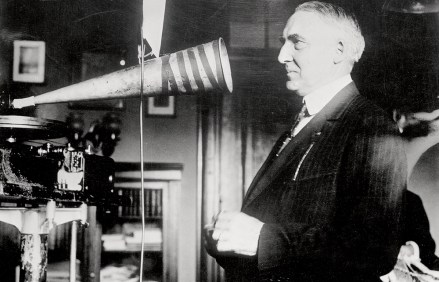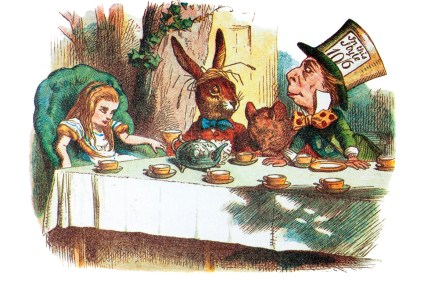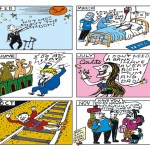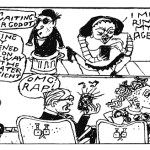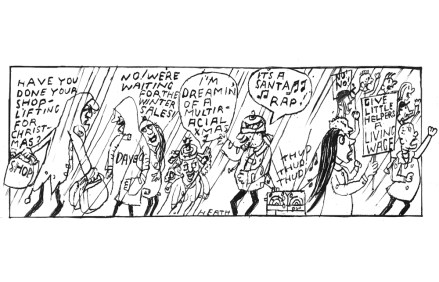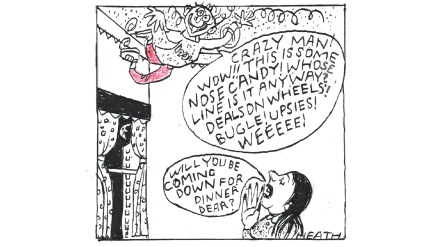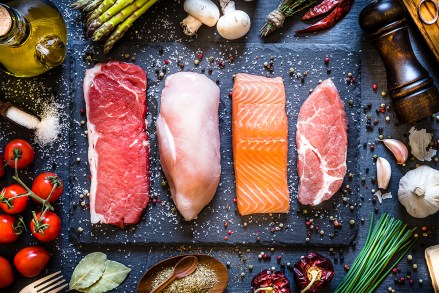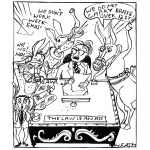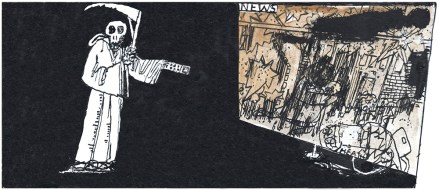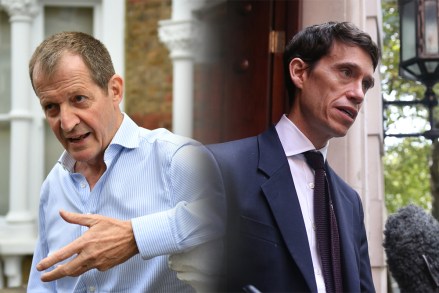Are Stonewall and Mermaids charitable?
Iwas once asked by a colleague to sponsor him on an undertaking designed, he said, to raise money for a very good charitable cause. I can’t remember what the cause was – cancer, maybe, or mental kids – but I do remember the nature of the undertaking. He intended to walk a number of miles down the Great Rift Valley in Kenya. Why not, I suggested, just donate the enormous amount of money such a trek would cost direct to the charity? It would easily outweigh the amount raised, not least because miserable bastards like me would probably decide it was not a charitable act at all but first-world grandstanding





